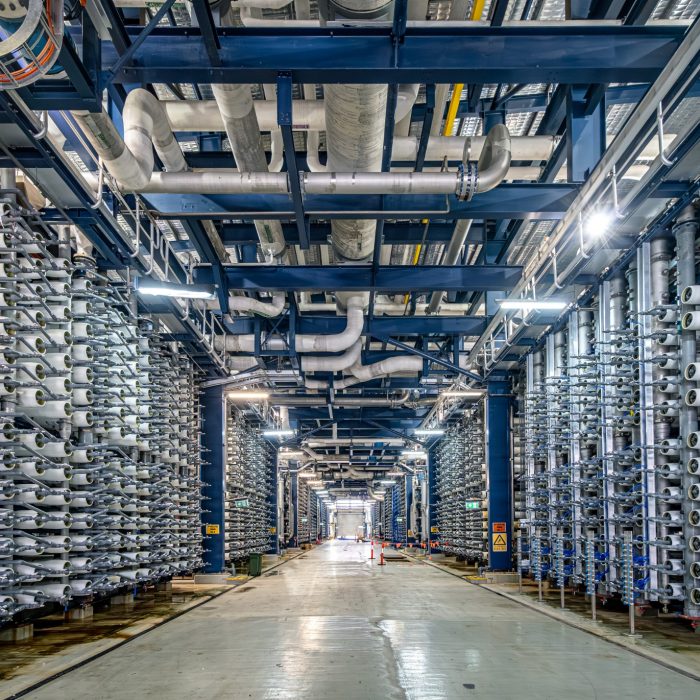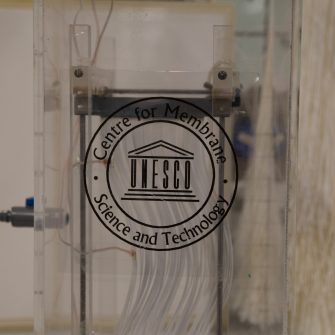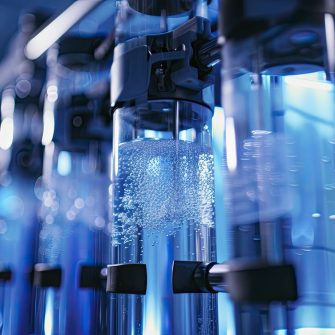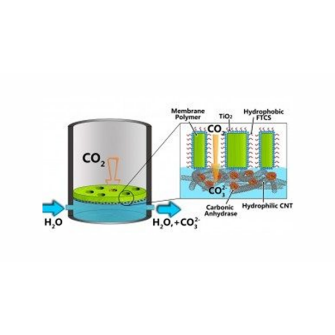Our research

Research excellence
CMST has many core areas of research and applied research activities, which are supported by academics and researchers from within the UNSW School of Chemical Engineering. Our activities cover virtually everything to do with membrane and the technology we develop is also successfully applied to non-water related areas.
At UCMST, a balance is maintained between the fundamental research and more applied studies. The former is principally funded through Australian Research Council (ARC) grants.
The latter are largely funded by other agencies such as Cooperative Research Centres (CRC) and industry.
The research objectives of the Centre include:
- Physico-chemical characterisation of the structure, properties and transport mechanisms in synthetic membranes.
- Development of sustainable membrane processes for environmental and industrial applications
- Development of improved engineering aspects of membrane module design, operation and process control.
- Development of novel membranes and membrane processes.
- Development of methods to overcome or control the deposition and attachment of solutes and biofilms (fouling) during separation processes.
- Development of instruments and procedures for the characterisation of membranes, in particular for monitoring and control membranes during process operation.







